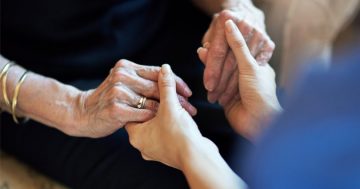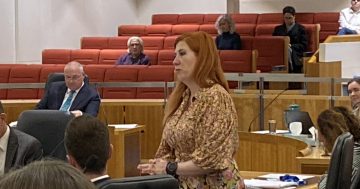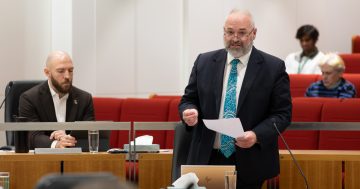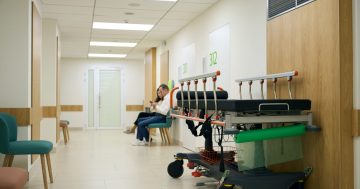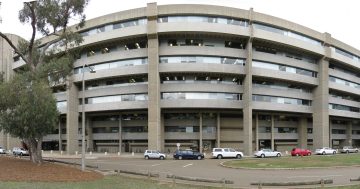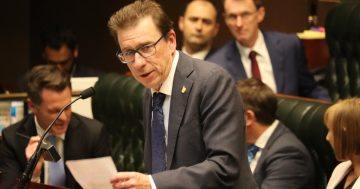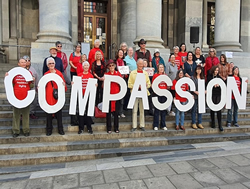 The first quarterly report on Voluntary Assisted Dying (VAD) has been released, exposing the impact the new laws had helping South Australians with terminal illnesses elect to die with dignity.
The first quarterly report on Voluntary Assisted Dying (VAD) has been released, exposing the impact the new laws had helping South Australians with terminal illnesses elect to die with dignity.
According to the Minister for Health and Wellbeing, the program received positive feedback from participants and their loved ones in its first three months of operation, especially regarding the holistic support and comfort for those applying for VAD.
The Minister, Chris Picton, said that between 31 January this year when the laws took effect, and 30 April, 28 South Australians received a VAD permit.
Of these, 12 people died, including one who passed away without using the medication available. They were aged from their 40s to their 90s.
Seven of them had terminal cancer, and five had degenerative neurological conditions. Eight people self-administered medication, and three were supported by a medical practitioner.
According to Mr Picton, allowing voluntary assisted dying in South Australia was a significant milestone of which he was pleased the laws had been working so well.
“The pathway offers hope, comfort and choice to South Australians with terminal illnesses, with many safeguards also in place,” Mr Picton said.
“I would like to thank the dedicated staff who have been instrumental in supporting families throughout the process and we extend our condolences to those whose loved ones have passed,” he said.
On average, the length of time from making a first request to access VAD and receiving an outcome on an application for a permit was 25 days.
For all 28 permit applications, the Chief Executive of the Department for Health and Wellbeing provided a decision within the three-day timeframe required by the Act.
The next phase of the program will involve expanding services in regional areas to improve access even further.
VAD is available for people who meet strict criteria, including having an incurable, advanced and progressive disease, illness, or medical condition expected to cause death within 6 months (or 12 months for a neurodegenerative condition), and that is causing suffering to the person that cannot be relieved in a tolerable manner.
The Voluntary Assisted Dying Review Board’s 9-page quarterly report can be viewed at this PS News link and more information about South Australia’s Voluntary Assisted Dying laws can be found at this link.


